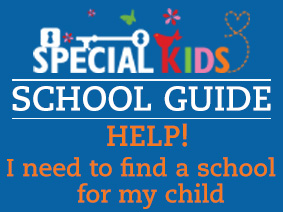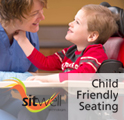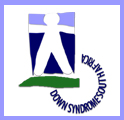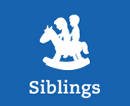Many people don’t know that Speech Therapy for children encompasses more than just improving speech and language skills. One of the lesser-known challenges speech therapists help children overcome is difficulty with eating and swallowing, which can cause aspiration.
What is aspiration?
Aspiration is where food, drinks, saliva or other foreign substances mistakenly enter the airway. This can occur when someone has difficulty eating and/or swallowing correctly a condition known as ‘Dysphagia’. Aspiration while swallowing and eating can cause choking or a chest infection known as ‘aspiration pneumonia’
Signs of aspiration while swallowing and eating:
It is important to know what the signs of aspiration are so you can look out for these in your child.
• The child is trying to clear their throat or cough during or after swallowing foods/drinks
• Their eyes become watery and/or red
• They experience irregular breathing during or after eating/drinking
• Their voice sounds wet or ‘gurly’ after they eat/drink
If any of the above signs occur, encourage your child to cough to help clear their airways.
Also, be sure to inform your Speech and Language Pathologist about the incident.
Some other more severe signs of aspiration are listed below:
• The child chokes on foods (person has difficulty breathing or they have stopped breathing completely and their face may change colour).
• The child’s face turns red or blue when eating.
• The child starts to get a fever during or soon after their meal.
• The child is trying to cough however this is proving unsuccessful.
How to prevent aspiration
Here are a few tips to help prevent your child experiencing aspiration while swallowing and eating:
• Have the child seated upright and ensure their body and trunk is fully supported for meals. (Feet flat on floor, back pushed towards back of chair and elbows supported on the table or arm rest OR as per your child’s Physiotherapist or Occupational Therapist’s specific recommendations e.g. use of a support brace or modified chair).
• Plan meals for when the child is most alert.
• Do not to feed the child when they are fatigued, have the hiccups, are laughing, crying or have other irregular breathing patterns.
• Brush the child’s teeth and wash their mouth twice per day to maintain good oral hygiene and prevent aspiration of oral bacteria into the lungs
• Make sure there is no food/drink residue in the child’s mouth after their meal – offering water during and after meals may help to wash this down.
Remember to speak to your Speech and Language Pathologist if you have any concerns or notice any changes in your child’s swallowing






























